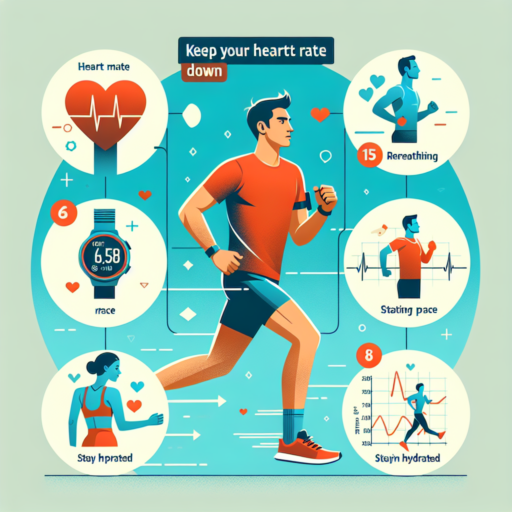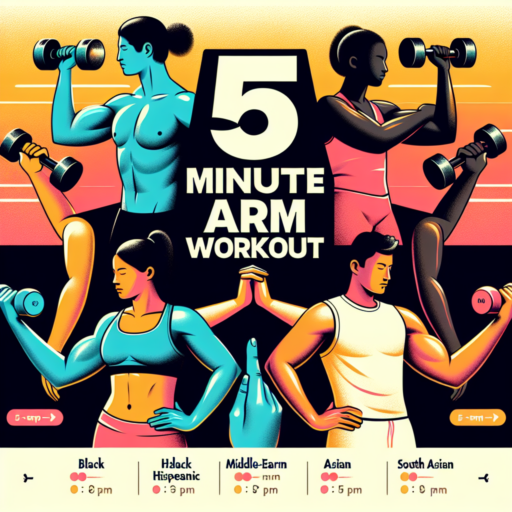How do I reduce my heart rate while running?
Reducing your heart rate while running is essential for improving endurance and performance. One effective strategy is to focus on breathing techniques. Deep, rhythmic breaths can help lower your heart rate by increasing oxygen flow and calming the nervous system. Incorporating breathing exercises into your training can make a significant difference in how your body manages exertion.
Another critical factor is paced training. Starting your run at a slow pace allows your body to adjust gradually, preventing an immediate spike in heart rate. As your run progresses, you can increase your speed if desired, but it’s crucial to listen to your body and maintain a pace that keeps your heart rate within a manageable range. Interval training, alternating between high intensity and recovery periods, can also train your heart to recover more efficiently.
Hydration and proper nutrition play pivotal roles in managing your heart rate. Ensuring you’re well-hydrated before and during your run helps your heart pump blood more efficiently, reducing strain and potentially lowering your heart rate. Additionally, a balanced diet with the right mix of carbohydrates, proteins, and healthy fats fuels your runs and aids in overall cardiovascular health.
Why is my heart rate so high when I run?
Many runners often notice an elevated heart rate during their runs and wonder about the underlying causes. There are several reasons why your heart rate may soar when you hit the pavement or the trails, ranging from the intensity of your workout to external factors that may not directly relate to your physical exertion.
Impact of Workout Intensity
One key factor that contributes to a high heart rate during runs is the intensity of the workout. When you engage in vigorous exercise, your body requires more oxygen to fuel your muscles, leading to an increase in heart rate. This response is entirely normal and indicates that your cardiovascular system is working hard to support your activity level.
Significance of Hydration and Temperature
External conditions such as dehydration or high environmental temperatures can also play a significant role in heart rate elevation. A lack of adequate hydration can lead to an increased heart rate as your body works harder to maintain optimal performance. Similarly, running in hot weather can cause your heart to beat faster in an attempt to cool down your body through sweat and circulation.
In conclusion, a high heart rate during running is influenced by multiple factors, including the intensity of your run, hydration status, and temperature conditions. Understanding these elements can help you manage your heart rate more effectively and enjoy a safer running experience.
Is a 190 heart rate bad while running?
When discussing heart rates and running, the figure of 190 often raises eyebrows. Understanding whether a 190 heart rate is bad while running entails considering several factors including age, fitness level, and running intensity. It’s crucial to comprehend that heart rate zones vary from person to person, influenced heavily by individual health and exercise habits.
Personal Heart Rate Zones
The concept of personal heart rate zones is foundational when evaluating if a heart rate of 190 is concerning. For some highly trained athletes, reaching a peak heart rate of 190 might be within their high-intensity zone, suggesting they are pushing their limits without necessarily overstepping. Contrastively, for most casual runners or those new to running, a 190 heart rate might indicate pushing too hard, potentially veering into unsafe territory.
Listening to Your Body
Key to utilizing heart rate data effectively is learning to listen to your body’s signals. Symptoms such as dizziness, excessive fatigue, or chest pain at high heart rates are red flags, indicating the need to slow down and, if necessary, consult a healthcare provider. Balancing ambition with health safety is paramount; remember, what might be a peak performance indicator for one runner could be a risk factor for another.
No se han encontrado productos.
Is 170 bpm bad when exercising?
Understanding the implications of a 170 bpm (beats per minute) heart rate during exercise requires a nuanced grasp of exercise physiology and individual fitness levels. The question, «Is 170 bpm bad when exercising?» is a common one among fitness enthusiasts and beginners alike, aiming to ensure their workouts are both efficient and safe.
Firstly, it’s essential to recognize that a heart rate of 170 bpm during exercise might be perfectly normal for some individuals, especially younger people or those engaged in high-intensity workouts. The maximum heart rate (MHR) is typically estimated by subtracting your age from 220. For example, a 20-year-old’s estimated MHR would be 200 bpm, making a 170 bpm heart rate during vigorous exercise within a safe range. However, for a 50-year-old, 170 bpm would be closer to their maximum heart rate, suggesting a very high level of exertion.
Different exercises and activities will also elicit varying heart rate responses. High-intensity interval training (HIIT), sprinting, or competitive sports are likely to raise your heart rate closer to its maximum, whereas steady-state cardio like jogging or cycling may maintain a lower bpm. Understanding these distinctions is crucial for assessing whether a 170 bpm heart rate is appropriate during your exercise regime.




